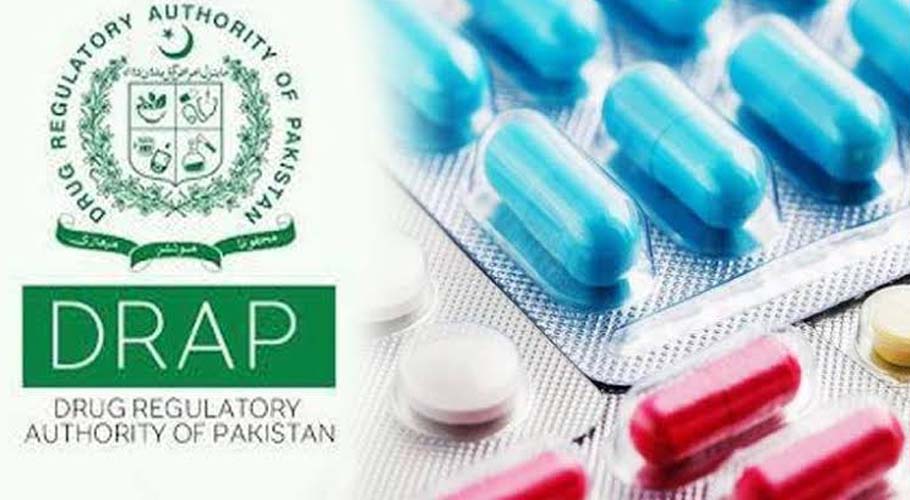The new article describes the approach to be applied concerning reporting and record-keeping in the context of clinical investigations associated with medical devices intended to be marketed and used in Pakistan.

Table of content
The Drug Regulatory Authority of Pakistan (DRAP), the country’s agency in healthcare products, has published a guidance document dedicated to clinical research.
The document provides an overview of the existing legal framework, as well as additional clarifications and recommendations to be considered by medical device manufacturers and other parties involved to ensure compliance with the relevant regulatory requirements.
It is also important to mention that provisions of the guidance are non-binding in their legal nature, nor are they intended to introduce new rules or impose new obligations.
The authority also reserves the right to change the guidance and recommendations provided therein, should such changes be reasonably necessary to reflect corresponding amendments to the underlying legislation.
Introduction
The present document issued by the DRAP provides comprehensive guidelines for the reporting and management of Serious Adverse Events (SAEs), progress, and final trial reports, alongside the procedures for the destruction or disposal of unused Investigational Medicinal Products (IMPs) in clinical trials.
Recommendations provided therein should be taken into consideration by applicants interested in placing their products on the market, Principal Investigators (PIs), and Sponsors in the context of the reporting requirements, progress updates, and the archiving of trial documents as expected by regulatory authorities.

Reporting of Serious Adverse Events (SAEs)
By the applicable regulations, all participants must report any adverse reactions immediately, with the PI responsible for notifying the IRB/IRCs, the Sponsor, and relevant divisions within seven calendar days of such events. Sponsors are expected to ensure the PI reports all SAEs promptly, with a detailed follow-up to identify subjects uniquely.
Adverse events critical to safety evaluations require swift reporting per the protocol-specified timelines.
For life-threatening suspected unexpected serious adverse reactions (SUSARs), Sponsors must report within seven days from the day they become aware of the incident, followed by an additional eight-day period for supplementary information. Other SUSARs require reporting within fifteen days.
Non-serious AEs or ADRs are included in periodic reports rather than expedited communication.
Periodic Safety Updates and Trial Reports
Besides the above, sponsors must submit an annual Development Safety Update Report (DSUR) aligned with the International Council on Harmonization (ICH) format, covering all ongoing clinical trials in Pakistan.
This report includes information on clinical trials, from human pharmacology to therapeutic use trials, and must be submitted within sixty days from the DSUR’s Data Lock Point (DLP).
Progress and Final Trial Reports
The authority also mentions that applicants must communicate trial progress and final results, with interim reports due every six months or as directed.
These reports should detail patient numbers, SAE occurrences, and any discontinuations. Final study summary reports are due within three months from the Last Patient Out (LPO) date, with a comprehensive final report following the completion of the entire trial.
A dedicated sub-committee under the CSC will review all reports concerning ADR/AE/SAE/SUSAR/DSUR and clinical study reports (CSR), providing guidance and directives as necessary.
Investigational Medicinal Product (IMP) Management
The scope of the guidance also covers the aspects related to IMP management as prescribed under the existing legislation. In particular, it is stated that all used, unused, or expired IMPs must be collected, reconciled, and disposed of according to guidelines.
The Sponsor or PI must seek approval for the destruction of IMPs, ensuring all processes are documented and reported to regulatory bodies.
The Sponsor and PI are also responsible for the reconciliation and destruction of IMPs, following strict guidelines for storage, return, or destruction.
This includes detailed record-keeping of IMP handling and destruction, ensuring accountability and compliance with regulatory standards.
The Investigator and Sponsor are responsible for securing all trial-related documents for a minimum of five years post-trial completion.
Notification to the regulatory authority is required before the destruction of any documents.
Conclusion
In summary, the present draft guidance issued by the DRAP describes in detail the approach to be followed by the parties involved in clinical investigations to ensure compliance with the regulatory requirements set forth under the existing legal framework.
The document pays special attention to the reporting requirements to be followed to ensure the information about the clinical investigation is stored properly and available for further review.
How Can RegDesk Help?
RegDesk is a holistic Regulatory Information Management System that provides medical device and pharma companies with regulatory intelligence for over 120 markets worldwide. It can help you prepare and publish global applications, manage standards, run change assessments, and obtain real-time alerts on regulatory changes through a centralized platform. Our clients also have access to our network of over 4000 compliance experts worldwide to obtain verification on critical questions. Global expansion has never been this simple.

